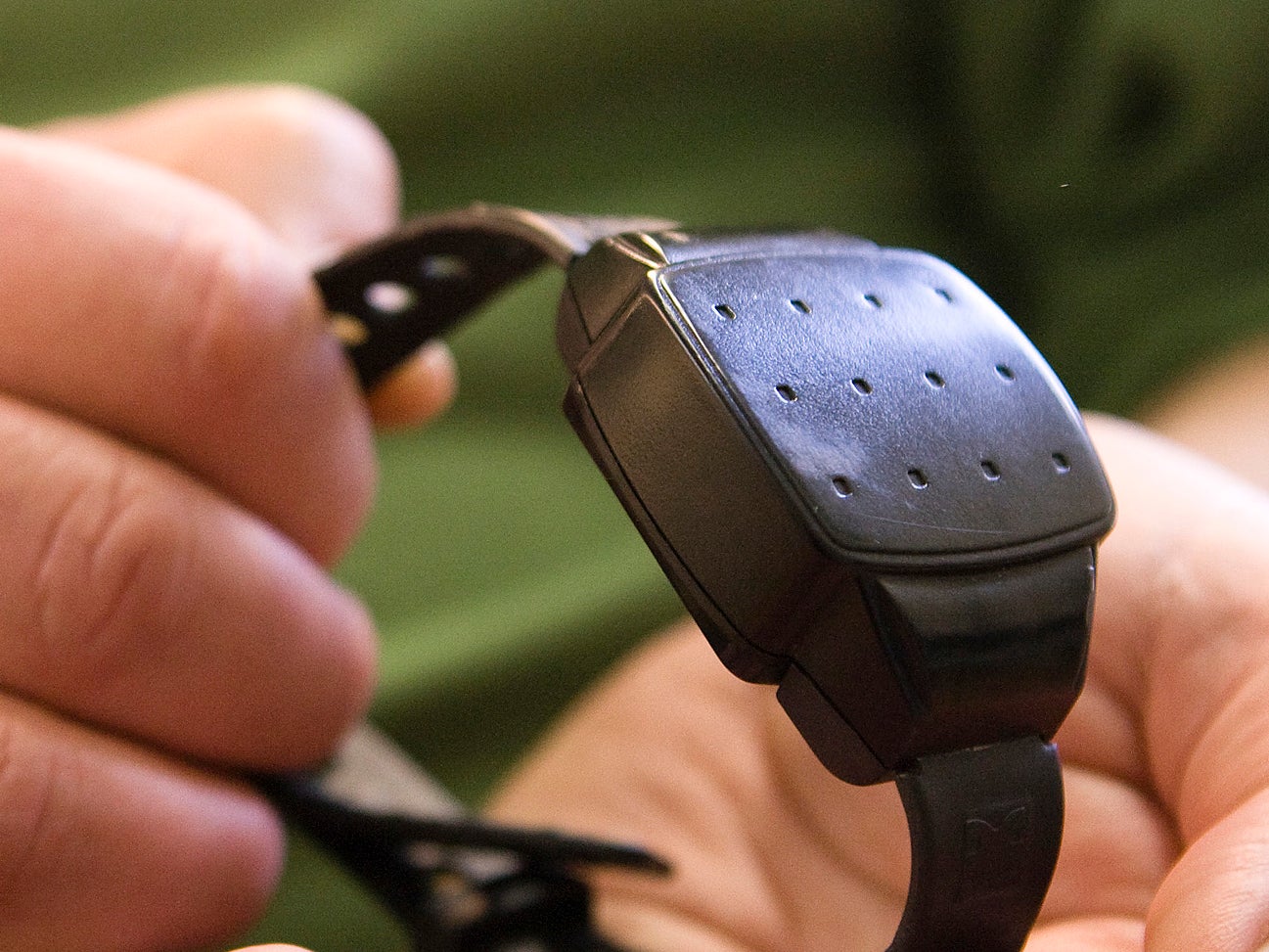Domestic abusers could be electronically tagged and banned from drinking alcohol under new proposals
Courts will be given express powers to impose electronic monitoring as a condition of the proposed Domestic Abuse Protection Orders and prohibition on drinking alcohol, says Home Office

Your support helps us to tell the story
From reproductive rights to climate change to Big Tech, The Independent is on the ground when the story is developing. Whether it's investigating the financials of Elon Musk's pro-Trump PAC or producing our latest documentary, 'The A Word', which shines a light on the American women fighting for reproductive rights, we know how important it is to parse out the facts from the messaging.
At such a critical moment in US history, we need reporters on the ground. Your donation allows us to keep sending journalists to speak to both sides of the story.
The Independent is trusted by Americans across the entire political spectrum. And unlike many other quality news outlets, we choose not to lock Americans out of our reporting and analysis with paywalls. We believe quality journalism should be available to everyone, paid for by those who can afford it.
Your support makes all the difference.Domestic abusers could be electronically tagged and banned from drinking alcohol under new government proposals to “transform” the way domestic abuse is tackled in the UK.
Unprecedented new civil orders will expand the potential restrictions courts and police can impose on perpetrators, in what the Home Secretary described as a “once-in-a-generation opportunity” to change the Government’s approach to the crime.
Criminals who torment partners could be required to attend parenting programmes or drug and alcohol treatment to reduce the risk of them carrying out further abuse.
For the first time, courts will be given express powers to impose electronic monitoring as a condition of the proposed Domestic Abuse Protection Orders (DAPOs).
A Government consultation on the plans, published on International Women’s Day, said tagging could be used as part of a perpetrator’s compliance with conditions such as an exclusion zone, or a prohibition on drinking alcohol.
The document states that electronic monitoring would only be used where it is proportionate and necessary to prevent further abuse.
Campaigners said the Domestic Abuse Bill was a “unique opportunity” to make a difference to survivors’ lives, but warned that it risked being undermined unless a “long-term, sustainable” funding plan for refuges is put in place.
Thousands of domestic abuse victims are unable to access a service due to lack of available spaces, with research from Women’s Aid showing 94 women and 90 children fleeing from domestic abuse were turned away from refuges on one day in England last year.
Domestic abuse charities also urged that the changes must go beyond changes to the criminal justice system to include policies on housing, education, health, immigration and the welfare system.
Other measures being weighed up for inclusion in the new bill include:
* Economic abuse will be recognised for the first time as a type of domestic abuse;
* The creation in law of an independent domestic abuse commissioner;
* Tougher sentences for domestic abuse that affects children;
* Enshrining in legislation the scheme known as Clare’s Law, under which police can disclose information about previous violent offending by a new or existing partner; and
* Giving domestic abuse victims the same status in court as those who have suffered modern slavery or sex offences.
Prime Minister Theresa May said the consultation included proposals which have the potential to “completely transform” the way domestic abuse is tackled in the UK, by providing better protection to victims and bringing more perpetrators to justice.
“While we have made great strides towards equality and opportunities for women, the fact there are still thousands of people suffering from domestic abuse shows how much work we still have to do,” she said.
“We know that domestic abuse affects those from all walks of life. Victims can be young and old, male and female, and I hope as many people as possible will come forward to give us their views and share their experiences, as we seek to put an end to this abhorrent crime for good.”
Home Secretary Amber Rudd said: “This is a once-in-a-generation opportunity to transform our entire approach to this terrible crime.
“I call on everyone, but especially those who have suffered abuse in any form, to speak out and help shape the way we approach this crime for years to come.”
Katie Ghose, chief executive of Women’s Aid, said the Domestic Abuse Bill was a “unique opportunity” to make a difference to survivors’ lives, and welcomed the Government’s recognition that there must be sustainable funding for refuges to put an end to the current “postcode lottery” of support available.
But she said the bill risked being undermined unless a “long-term, sustainable” funding plan for refuges is put in place, and said it must go beyond changes to the criminal justice system to include policies on housing, education, health, immigration and the welfare system.
“We are calling on the Government to give survivors a cast-iron guarantee that they will not go ahead with planned changes to how refuges will be funded, which threaten these life-saving services with closure,” Ms Ghose added.
“That’s why we want to see a Domestic Abuse Bill that encompasses and goes beyond changes to the criminal justice system. We know that many women do not feel able to report abuse to the police, so we need a bill that makes domestic abuse everyone’s business.
“It must reach beyond a criminal justice response to include policies on housing, education, health, immigration and the welfare system to name but a few, so that all survivors and their children get the support they need, when and where they need it.”
Join our commenting forum
Join thought-provoking conversations, follow other Independent readers and see their replies
Comments